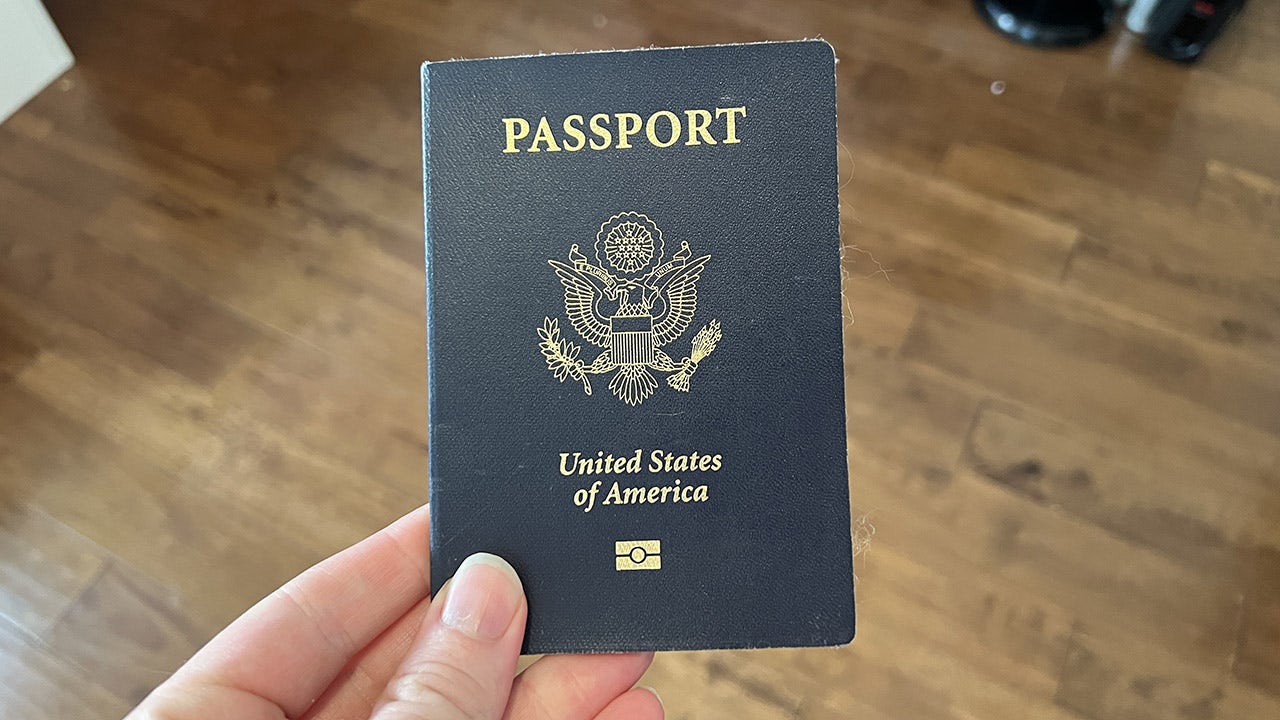A federal judge on Wednesday temporarily blocked part of a Florida law that criminalized transporting into the state anyone who lacked lawful immigration status, raising new legal questions for other states pursuing similar measures.
The Florida law was intended to discourage unauthorized immigrants from living and working in the state, and organizations that work with immigrants say many undocumented workers have left the state in recent months.
The injunction puts on hold a key enforcement component of the legislation while the lawsuit against it proceeds. The law, which into effect last July, was championed by Gov. Ron DeSantis as he ran for the Republican nomination for president.
The Farmworker Association of Florida sued the state in July, claiming that the component of the law related to transportation into the state was unconstitutional and that its 12,000 members would “suffer irreparable harm.”
They could, the group said, be separated from their families, unable to attend lifesaving medical appointments and prevented from driving to immigration agencies overseeing their cases because of the risk of jail time.
The judge in the case, Roy K. Altman of the U.S. District Court for the Southern District of Florida, rejected the plaintiffs’ argument that the law was unconstitutionally vague. But he was persuaded that in criminalizing the transport of undocumented immigrants, the Florida law “extends beyond the state’s authority to make arrests for violations of federal immigration law and, in so doing, intrudes into territory that’s pre-empted” by federal statute.
In his ruling, which cited the Immigration and Nationality Act and a previous ruling by the U.S. Court of Appeals for the 11th Circuit, Judge Altman wrote that “this framework allows the federal government to retain control over enforcement.”
Judge Altman was confirmed to the federal bench in 2019 after being nominated by President Donald J. Trump.
Immigration has become a dominant issue in the 2024 presidential race, and Florida was at the forefront of a push by Republican-governed states to crack down on a surge in unauthorized entries that Mr. DeSantis and other have blamed on President Biden.
In recent months, several states, including Texas, Oklahoma and Iowa, have passed similar bills that are facing legal challenges from either the Biden administration or advocacy groups.
“This decision on the Florida law is yet another blow to an attempt by states to take over federal immigration enforcement,” said Kathleen Bush-Joseph, a policy analyst at the Migration Policy Institute.
Florida has become a top destination for immigrants, including those crossing illegally at the southern border and those flying to the United States legally through a program initiated by the Biden administration to encourage more planned entries.
The governor’s office did not respond on Wednesday to a request for comment about the court decision. Mr. DeSantis has called the legislation “the most ambitious anti-illegal immigration laws in the country” and has said it will keep Florida taxpayers from “footing the bill for illegal immigration.”
The law imposes fines on companies that hire undocumented workers, restricts access of identification cards for them and requires hospitals to collect data on the immigration status of patients and submit it to state authorities.
State legislators who supported the law said they were not opposed to legal immigrants, and were seeking only to control illegal immigration.
Florida has not carried out a sweeping crackdown in recent months and the law has not been aggressively enforced, but it has nonetheless had profound effects, said Felipe Sousa-Lazaballet, executive director of Hope CommUnity Center, a nonprofit in Apopka, Fla., that provides services to immigrants.
Many people pulled their children out of school and relocated to more immigrant-friendly states, because they feared being separated from their children if stopped by law enforcement, Mr. Sousa-Lazaballet said.
“All of a sudden they were faced with the wrenching decision of whether to stay or risk being separated from their loved ones,” he said.
Geowane Freitas, a subcontractor who owned a legally registered company that installed hurricane-proof windows and doors in hospitals and commercial buildings, said that about 40 percent of his labor force vanished.
They moved to Massachusetts, California and other states where they could live and work free of worry, he said. Mr. Freitas, himself an undocumented immigrant, decided to return to his home country.
“I contributed and paid taxes in Florida for almost 20 years,” he said in a phone interview from Brazil. “I called it quits in September because of this law.”
Jeannie Economos, a senior staff member at the Farmworker Association of Florida, said the court’s decision “sends a message across the state and country that states cannot take over immigration law.”
Mattathias Schwartz contributed reporting.






